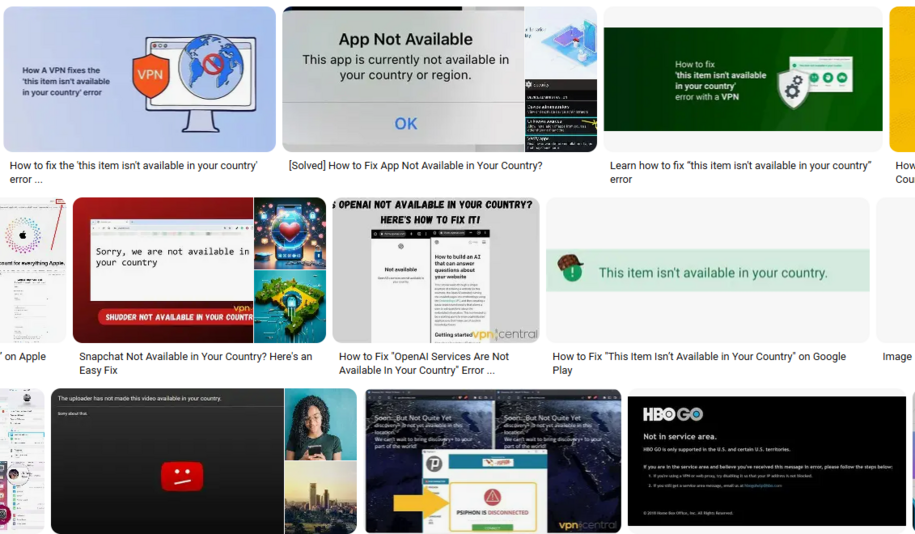Kalshi Faces Lawsuit as Ho-Chunk Nation Fights for Sovereignty

BREAKING: The legal showdown between the Ho-Chunk Nation and prediction-market operator Kalshi is escalating in federal court, with the tribe accusing Kalshi and its partner Robinhood of illegally infringing on tribal sovereignty through online sports betting. The lawsuit, filed in August in the Western District of Wisconsin, raises urgent questions about the legality of Kalshi’s operations and the tribe’s rights under federal law.
The Ho-Chunk Nation claims that Kalshi’s online betting platform permits users nationwide, including those on reservations, to gamble on sports outcomes, thereby violating the Indian Gaming Regulatory Act (IGRA). The tribe argues that these event-based contracts mimic traditional sports betting, which undermines their regulatory authority and established agreements with the state of Wisconsin.
In a rapid response to the lawsuit, Kalshi filed a motion on November 21, seeking to dismiss the case entirely. The company asserts that the Ho-Chunk Nation lacks the legal standing to sue because Kalshi does not fall under the tribal-state gaming compacts outlined by the IGRA. Kalshi’s legal team emphasized a recent California ruling, where three tribes were unsuccessful in halting Kalshi’s operations, arguing that the same principles apply in Wisconsin.
Kalshi insists that the federal government, not the tribe, has the authority to challenge its activities. The company claims its contracts are governed by the Commodity Exchange Act, distinguishing them from standard gambling operations, as the primary business activities occur in New York and Delaware, not on tribal lands.
The Ho-Chunk Nation must submit its response to Kalshi’s dismissal request by December 19, after which Judge William Conley will determine whether the case will proceed. This lawsuit is part of a broader trend, as similar legal actions unfold in states like Nevada, New Jersey, Massachusetts, and Maryland. These cases are pivotal in defining how federal laws adapt to the evolving landscape of prediction markets and online gambling.
The implications of this case extend beyond legal technicalities; they touch upon the sovereignty and economic rights of tribal nations in the face of modern digital gambling practices. As the situation develops, both parties are poised for a fierce legal battle that could set significant precedents for online betting within tribal jurisdictions.
Stay tuned for further updates as this urgent story unfolds.






